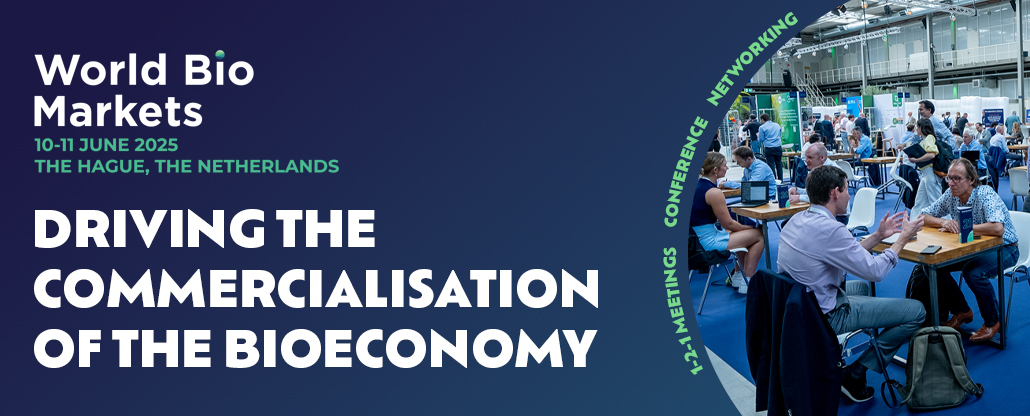Australia and Germany have progressed their renewable hydrogen partnership, with a series of new investments into developing the industry through a Declaration of Intent on the Australia-Germany Hydrogen Accord.
The Accord, which was signed in September 2020, seeks to utilise Germany’s hydrogen tech knowledge and Australia’s hydrogen exports to establish a mutually beneficial relationship as the sector blossoms.
“Our partnership with Germany will accelerate the development of an Australian hydrogen industry and create new jobs,” Australian prime minister Scott Morrison said in a statement.
“Our ambition is to produce the cheapest clean hydrogen in the world, which will transform transport, mining, resources and manufacturing at home and overseas. Developing new low emissions industries means more jobs for Australian workers, and cheaper energy means lower costs for businesses so they can reinvest in hiring more people.”
An initiative under the accord is the German-Australian Hydrogen Innovation and Technology Incubator (HyGATE) – a site designed to trial hydrogen projects. Australia and Germany have committed up to A$50mn ($38.5mn) and €50mn ($60mn) respectively to the project.
The new initiatives work in addition to partnerships with Singapore and Japan as part of Australia’s $565.8M commitment to build new international technology partnerships that will boost job opportunities within Australia and make it a more attractive investment destination.
“Clean hydrogen is a priority under the Technology Investment Roadmap and we’re excited to be working with Germany to bring this new industry to life” said minister for Energy and Emissions Reduction Angus Taylor.
“We have a mix of all the key ingredients needed to be a major global player in a thriving global clean hydrogen industry – abundant land and energy resources coupled with an excellent track record and reputation as reliable energy partners. We have set the goal of producing hydrogen at less than $2 a kilogram – ‘H2 under 2’, the price at which hydrogen becomes competitive with higher emitting alternatives.”





